In a significant move to enhance economic security and foster development in Nigeria, the Peace Advocacy and Sustainable Development Outreach (PASDO), a dedicated nonprofit organization, has officially launched its AI-powered SafeguardON project. This innovative project aims to reduce transaction fraud, thereby boosting ecommerce, creating jobs, and alleviating poverty.
Addressing a Critical Issue
Favour Mmeso, a program officer at PASDO, disclosed that the nonprofit was moved to embark on the SafeguardON project following the result of a survey conducted by PASDO in May 2023, which consisted of about 118 respondents drawn randomly from social media channels such as Facebook and Instagram.
Mmeso revealed that, based on the responses to the questionnaire administered, 100 percent of the respondents were aware of and deeply concerned about the activities of fraudulent buyers and sellers, and over 85 percent were familiar with the “what you ordered versus what you get” local parlance used to describe the common fraudulent phenomenon where buyers get something very different from what they paid for. About 76 percent have either personally fallen victim or know someone close who has lost something to fraudulent sellers in recent times, while the vendors among the respondents indicated that they lose an estimated 4 out of every 10 transactions due to buyers’ mistrust.
SafeguardON: A Game Changer Made Possible by Artificial Intelligence (AI)
Atisi Miller, a technical assistant working directly on the project, explained that SafeguardON uses cutting-edge AI technology powered by Meta’s Llama 2 model, and will be under continuous development to enhance its accuracy and expand its scope.
“At the moment, SafeguardON offers three services to users,” said Miller. “Firstly, it serves as an educational resource that educates users on common methods employed by fraudulent buyers and sellers to perpetuate their scams. This can help users stay alert and avoid falling victim. Secondly, SafeguardON can be used to get an objective assessment of how secure a transaction is. A user can provide information to SafeguardON about a transaction that they intend to embark on, and after running some analysis with the details provided, SafeguardON will provide the user with a safety score which can help them make an informed decision on whether to proceed with such transaction or not. Thirdly, SafeguardON can recommend ways by which a transaction can be carried out to protect the parties involved and ensure that they do not incur substantial losses if anything goes wrong.”
Harnessing AI for Social Good
Cynthia Chidimma, a senior official at PASDO, emphasized the positive social impacts of the SafeguardON project. “We can already see that a lot of transactions are not done because of lack of trust in the system, which is caused by the activities of fraudulent buyers and sellers who defraud countless numbers of unsuspecting victims. Now, that affects trade and economic growth. It affects employment and job creation. It also affects poverty alleviation and other sustainable development goals that PASDO is fighting hard to achieve,” she said.
Chidimma further explained, “There are millions of young people, including interest groups like single mothers, pregnant women, husbands who are sole providers, and university students, all of whom want to get into ecommerce, do dropshipping, or provide some kind of service in order to earn income and support themselves and their families. But it becomes very difficult for them to make headway and acquire customers beyond their family and close friends because of the high level of distrust that exists.”
Addressing the United Nations Sustainable Development Goals
By significantly reducing fraud, SafeguardON is expected to restore trust in the ecommerce space. This increase in trust can lead to a substantial boost in online sales for genuine vendors, enabling them to become reasonably employed and attain financial stability, which will allow them to provide for themselves and their families.
The boost in sales can also lead to business growth that require hiring employees, thereby creating jobs and contributing to poverty alleviation
SafeguardON’s impact extends significantly towards achieving several United Nations Sustainable Development Goals (SDGs), demonstrating its contribution to broader global objectives:
-
No Poverty (Goal 1):
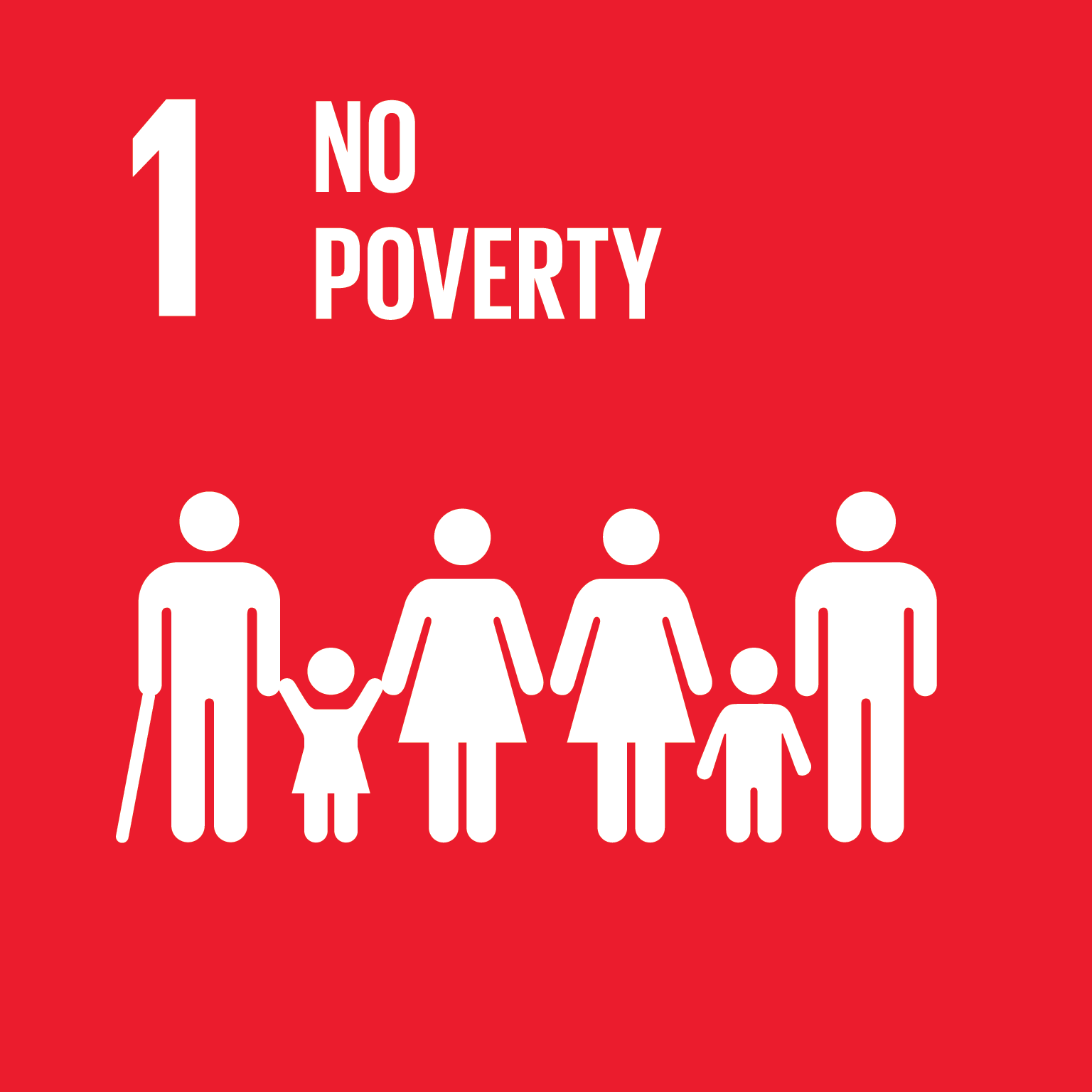
By creating job opportunities and ensuring financial stability for vendors, SafeguardON contributes to poverty alleviation.
-
Quality Education (Goal 4):
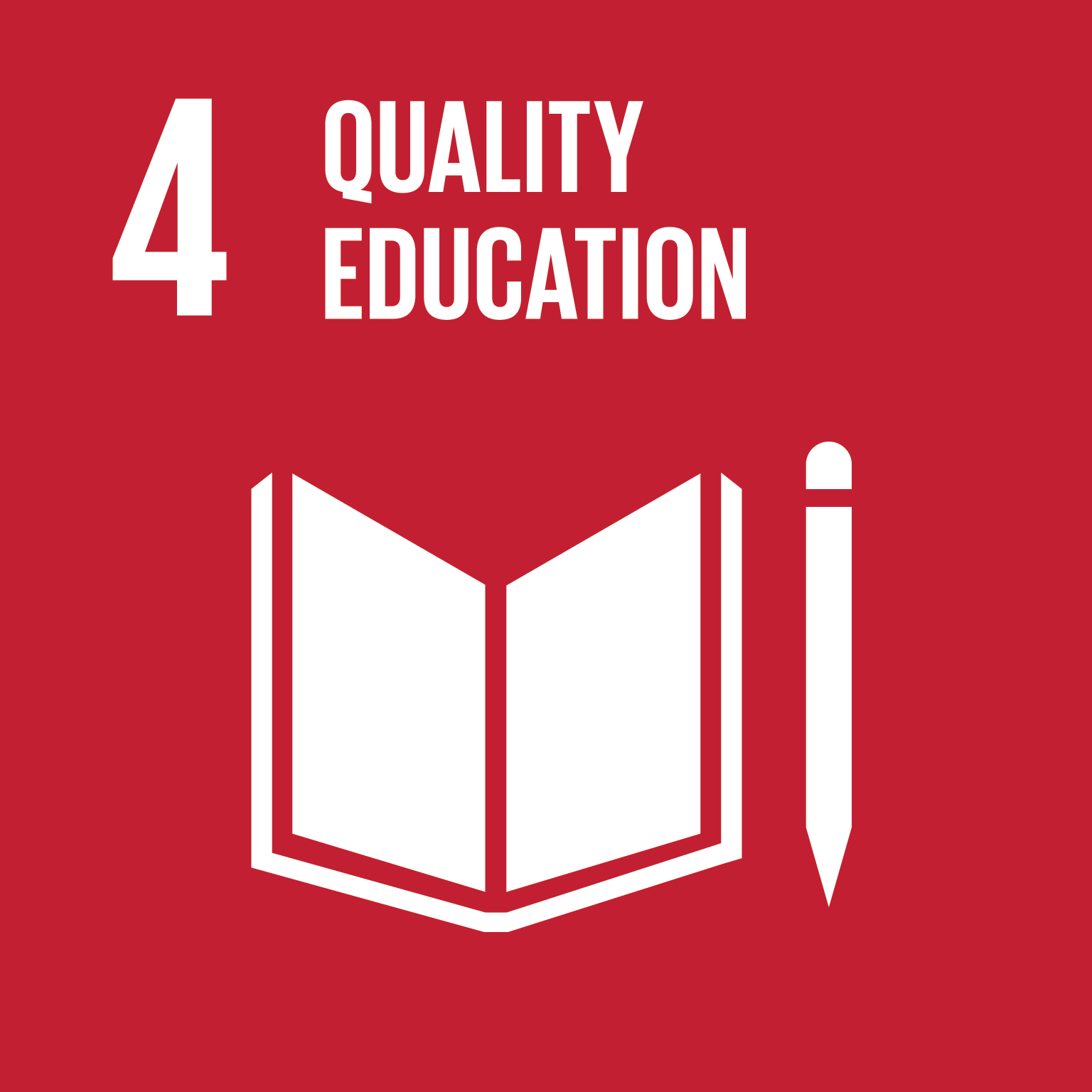
The educational resources provided by SafeguardON, which inform users about fraudulent practices and how to avoid them, align with the principles of Quality Education. Although SafeguardON’s education focuses on practical skills and knowledge for safer transactions rather than formal education, it still contributes to broader educational goals by enhancing digital literacy and awareness.
-
Decent Work and Economic Growth (Goal 8):
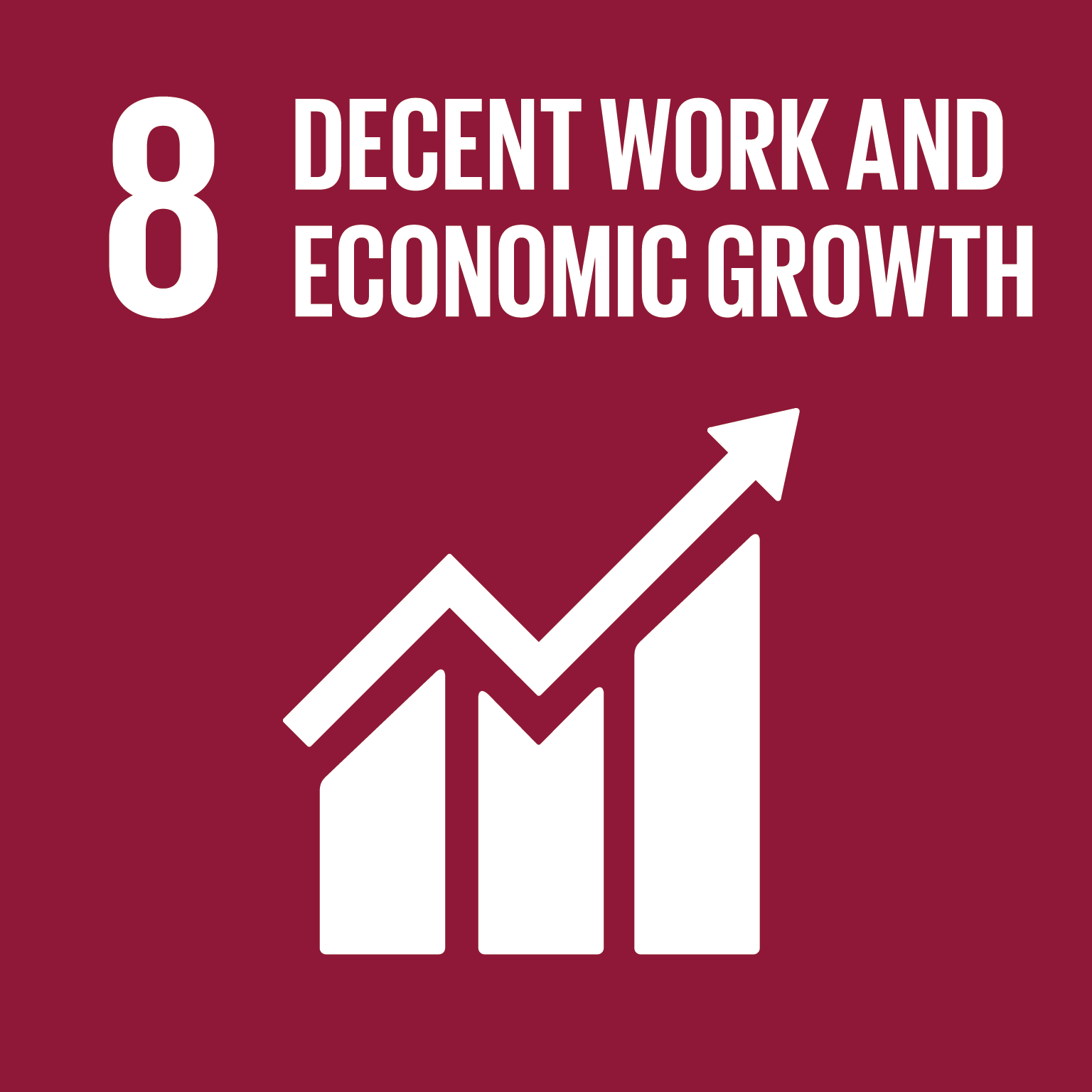
By reducing fraud and increasing trust in ecommerce, SafeguardON enables genuine vendors to grow their businesses. This growth facilitates their financial stability, allowing them to provide for themselves and their families. This directly supports employment creation and economic development, which are crucial for fighting poverty and promoting decent work.
-
Industry, Innovation, and Infrastructure (Goal 9):
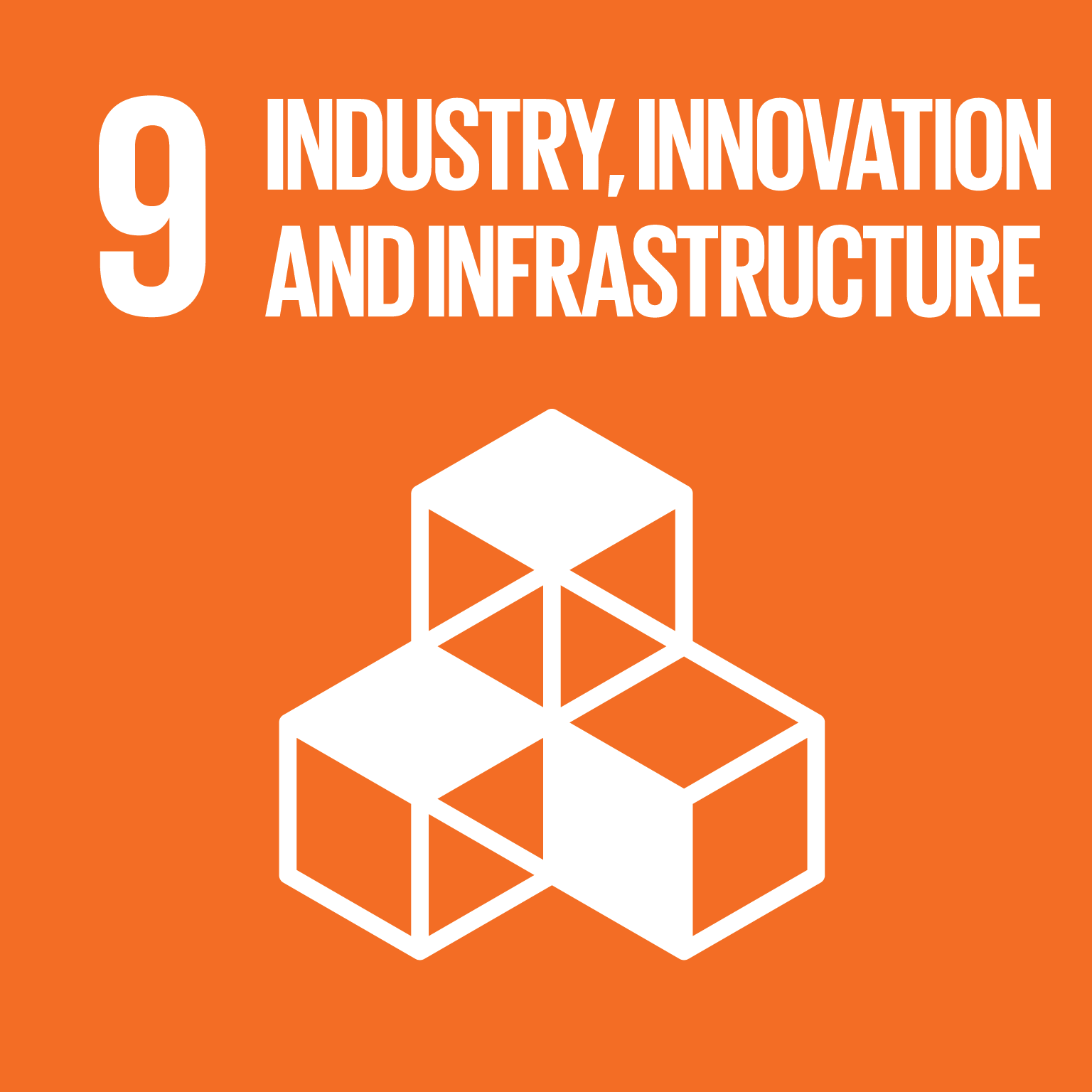
SafeguardON leverages cutting-edge AI technology to enhance transaction security, showcasing a commitment to innovation and the use of advanced infrastructure in the digital economy. This not only supports the growth of a reliable and robust ecommerce sector but also promotes technological advancements within the industry.
-
Peace, Justice, and Strong Institutions (Goal 16):
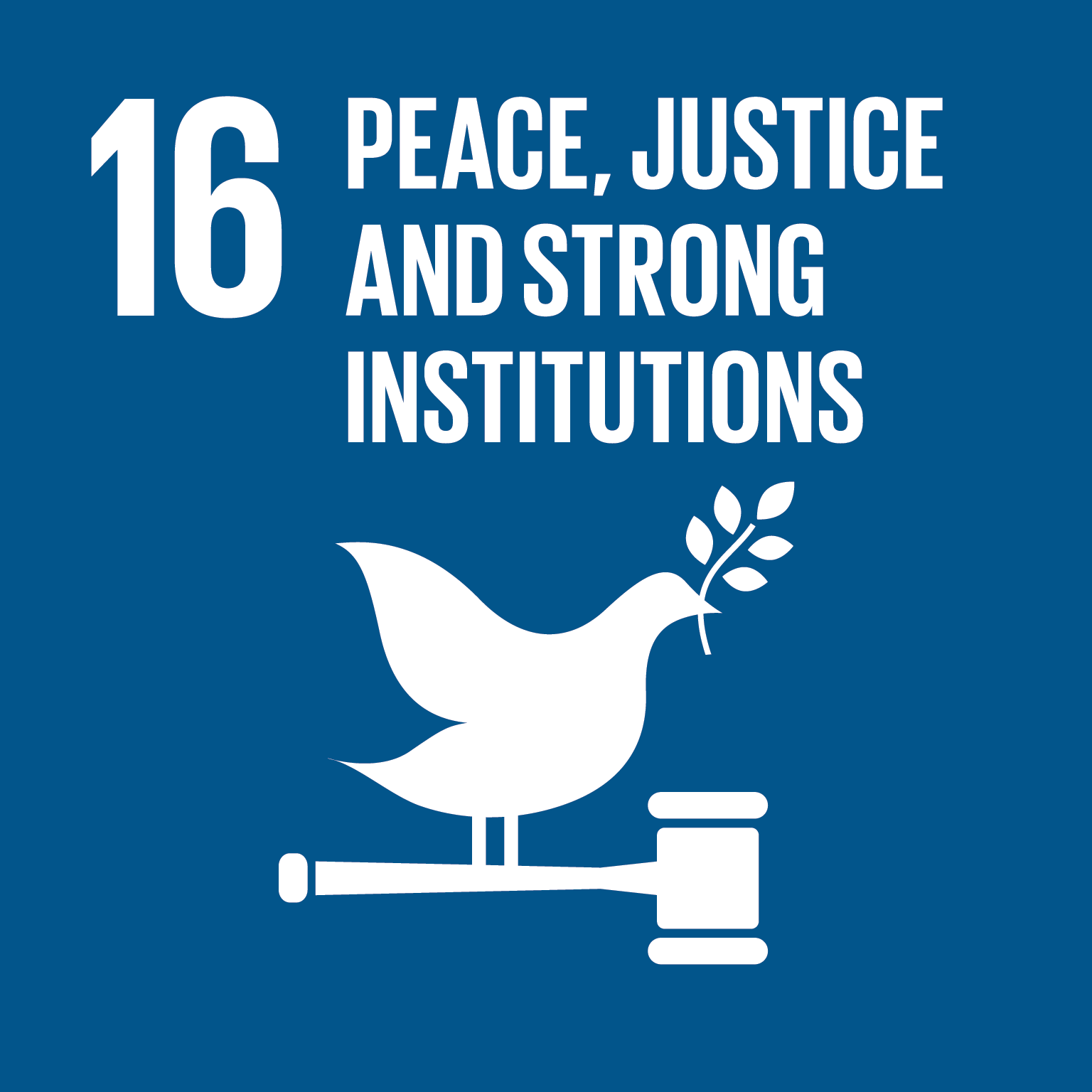
By reducing fraudulent activities, SafeguardON promotes peaceful and inclusive societies and builds effective, accountable, and inclusive institutions.
By addressing these goals, SafeguardON uses artificial intelligence (AI) technology to not only tackle immediate issues of fraud and trust but also contributes to long-term economic and social development in Nigeria.
